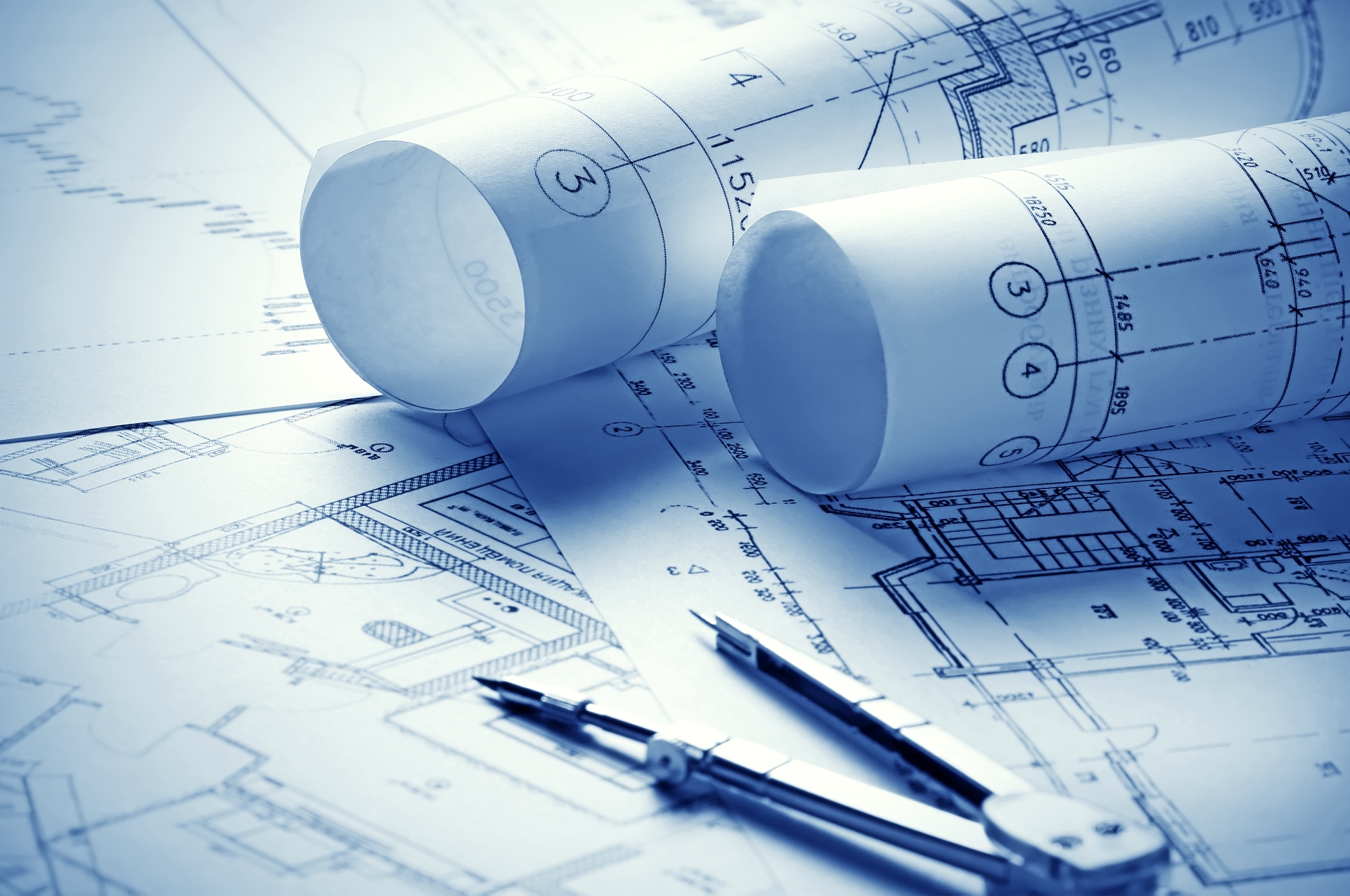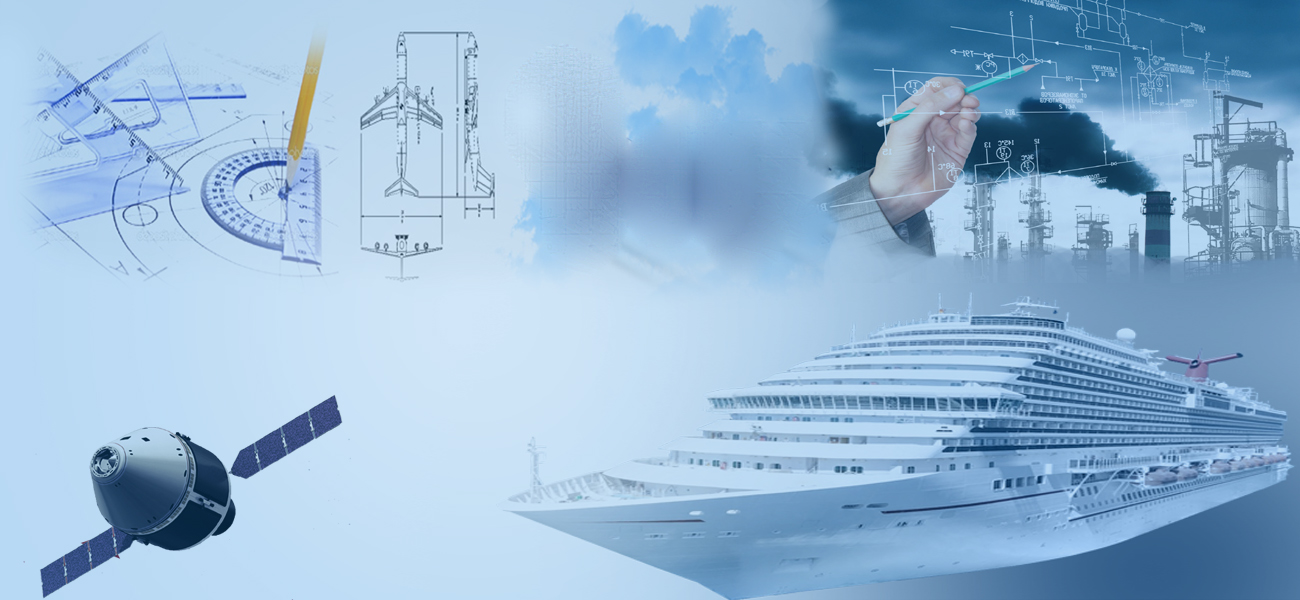32nd National Convention of Production Engineers at Ranchi
IEI, Jharkhand State Centre organized 32nd National Convention of Production Engineers on ‘Improving Competitiveness in Manufacturing – Make in India to Made in India’ during May 27-28, 2017 at Ranchi.

















